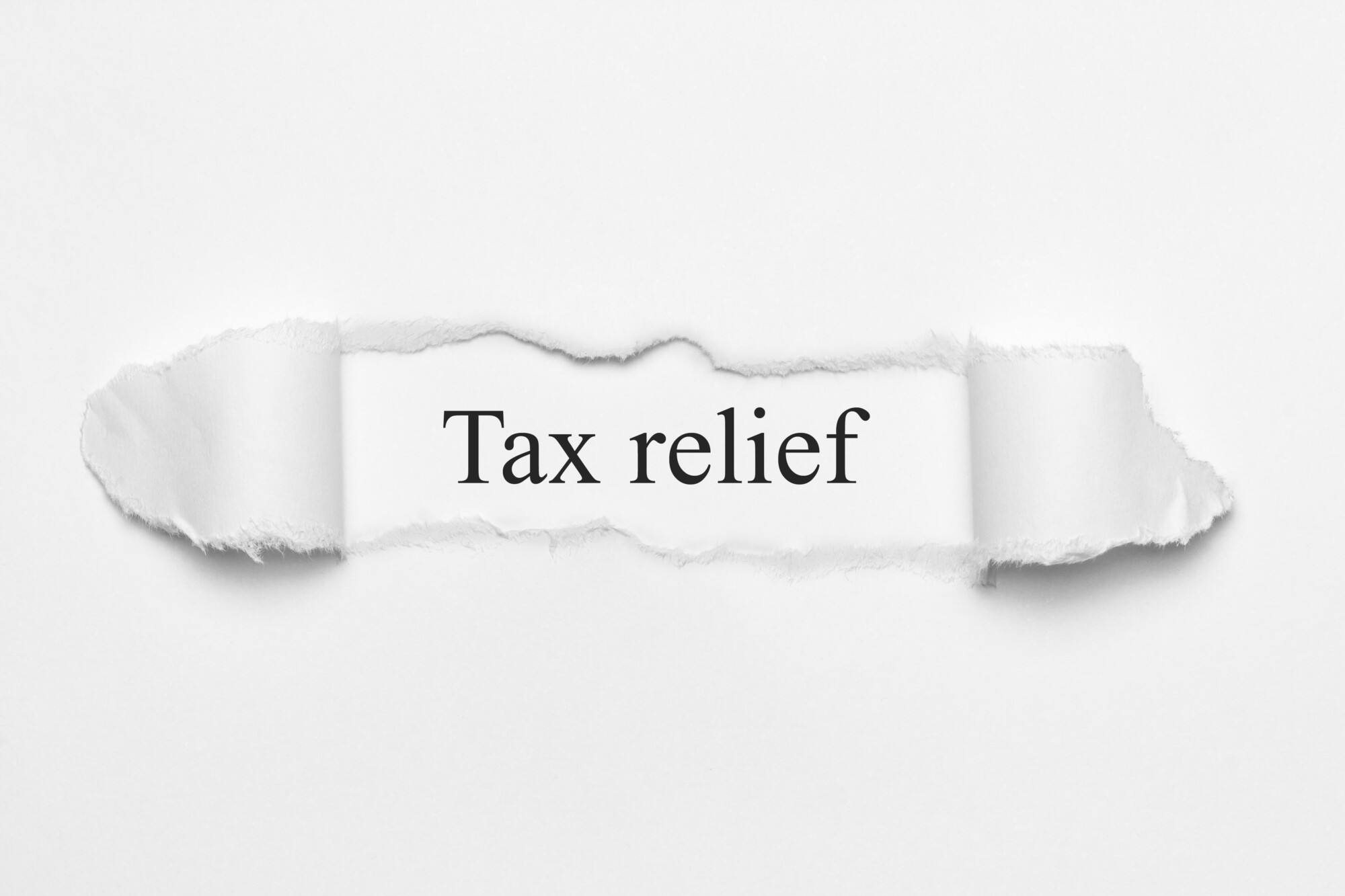Table of Contents Show
Property taxes can be a significant financial burden for homeowners, but fortunately, many states offer a Homestead Exemption to provide tax relief. This comprehensive article explores its definition, eligibility criteria, benefits, and a detailed overview of states implementing this property tax relief program. By understanding the program and its availability across different states, homeowners can potentially make informed decisions to reduce their property tax liabilities.
What is the Homestead Exemption?What is the Homestead Exemption?
The Homestead Exemption is a legal provision that grants homeowners a reduction in the assessed value of their primary residence for property tax purposes. By lowering the assessed value, homeowners can enjoy significant savings on their property tax bills, making homeownership more affordable.
Eligibility for the Homestead ExemptionEligibility for the Homestead Exemption
- Primary Residence Requirement: The Homestead Exemption typically applies to a homeowner’s primary residence, the primary dwelling where they reside for most of the year. Secondary homes, vacation properties, and rental properties usually do not qualify for the Homestead Exemption.
- Ownership Requirement: Homeowners must legally own the property to be eligible for the Homestead Exemption. Documentation such as a deed or title is generally required to prove ownership.
- Residency Requirement: Homeowners must meet residency requirements by residing in the property as their primary residence. Some states specify a minimum duration of residency to qualify for the Homestead Exemption.
States with the Homestead ExemptionStates with the Homestead Exemption
The Homestead Exemption is available in various states across the United States. Let’s take a closer look at some states that have implemented this property tax relief program:
AlabamaAlabama
Alabama offers a Homestead Exemption that reduces property taxes for qualified homeowners. The exemption amount varies by county. For example, the Homestead Exemption in Jefferson County currently provides a $4,000 reduction in assessed value for property tax purposes.
FloridaFlorida
Florida offers one of the most well-known Homestead Exemptions, substantially reducing the assessed value of a primary residence for eligible homeowners. The Homestead Exemption in Florida exempts the first $25,000 of assessed value from property taxes, with an additional $25,000 exemption applying to the assessed value between $50,000 and $75,000.
GeorgiaGeorgia
Georgia offers a Homestead Exemption that reduces the assessed value of a homeowner’s primary residence, resulting in lower property tax bills. The exemption amount varies by county. For example, the Homestead Exemption in Fulton County provides a $30,000 reduction in assessed value for property tax purposes.
LouisianaLouisiana
Louisiana provides a Homestead Exemption for eligible homeowners, reducing their property tax liability. The exemption amount varies by parish. In Orleans Parish, for instance, the Homestead Exemption provides a $7,500 reduction in assessed value for property tax purposes.
MississippiMississippi
Mississippi allows homeowners to receive reduced property taxes on their primary residence. The exemption amount varies by county. In Hinds County, for example, the Homestead Exemption provides a $7,500 reduction in assessed value for property tax purposes.
South CarolinaSouth Carolina
South Carolina reduces the assessed value of a homeowner’s primary residence, resulting in lower property tax bills. The exemption amount varies by county. In Charleston County, for instance, the Homestead Exemption provides a $50,000 reduction in assessed value for property tax purposes.
TexasTexas
Texas offers a Homestead Exemption that reduces the assessed value of a homeowner’s primary residence for property tax purposes. The exemption amount varies by county. In Harris County, for example, the Homestead Exemption provides a $25,000 reduction in assessed value for school district taxes and an additional 20% reduction for county taxes.
VirginiaVirginia
Virginia provides property tax relief for qualified homeowners. The exemption amount varies by city or county. In Fairfax County, for example, the Homestead Exemption provides a $4,000 reduction in assessed value for property tax purposes.
Benefits and ConsiderationsBenefits and Considerations
- Property Tax Savings: The exemption’s primary benefit is the reduced value of the property, leading to lower property tax bills and potential savings for homeowners.
- Increased Tax Savings over Time: The Homestead Exemption may offer additional benefits in some states. For instance, some programs cap the increase in assessed value, ensuring that property tax increases remain limited, even if the property’s value appreciates significantly.
- Eligibility and Application Process: Homeowners must meet specific eligibility criteria and follow the application process outlined by their respective states. Researching and understanding the requirements, deadlines, and necessary documentation is essential to ensure a successful application.
- Other Taxes and Fees: While the exemption provides property tax relief, it does not eliminate other taxes and fees associated with homeownership. When evaluating their overall tax and financial situation, homeowners should consider additional financial obligations such as income taxes, sales taxes, and homeowner association fees.
Applying for the Homestead ExemptionApplying for the Homestead Exemption
- Research State Requirements: Each state has specific requirements and application processes for the Homestead Exemption. Homeowners should thoroughly research and understand the guidelines and deadlines established by their state’s tax authorities.
- Gather Required Documentation: Homeowners will typically need to provide proof of ownership, proof of residency, and other supporting documents when applying for relief. These may include a deed or title, driver’s license, voter registration, utility bills, and other documentation to establish eligibility.
- Submit Application on Time: It is crucial to submit the Homestead Exemption application within the specified timeframe. Missing deadlines may result in homeowners not receiving the benefits for the current tax year.
Final ThoughtsFinal Thoughts
The Homestead Exemption offers valuable property tax relief for homeowners across many states. By understanding the availability in different states, homeowners can take advantage of this tax-saving opportunity to reduce their property tax liabilities. Eligibility requirements, benefits, and application processes may vary by state, so homeowners should thoroughly research the guidelines specific to their state. Homeowners can potentially enjoy significant savings, making homeownership more affordable and financially manageable.
Note: The specific exemption amounts mentioned for each state are for illustrative purposes and may be subject to change. It is essential to consult the respective state’s tax authorities or official sources for the most up-to-date information for each state.

